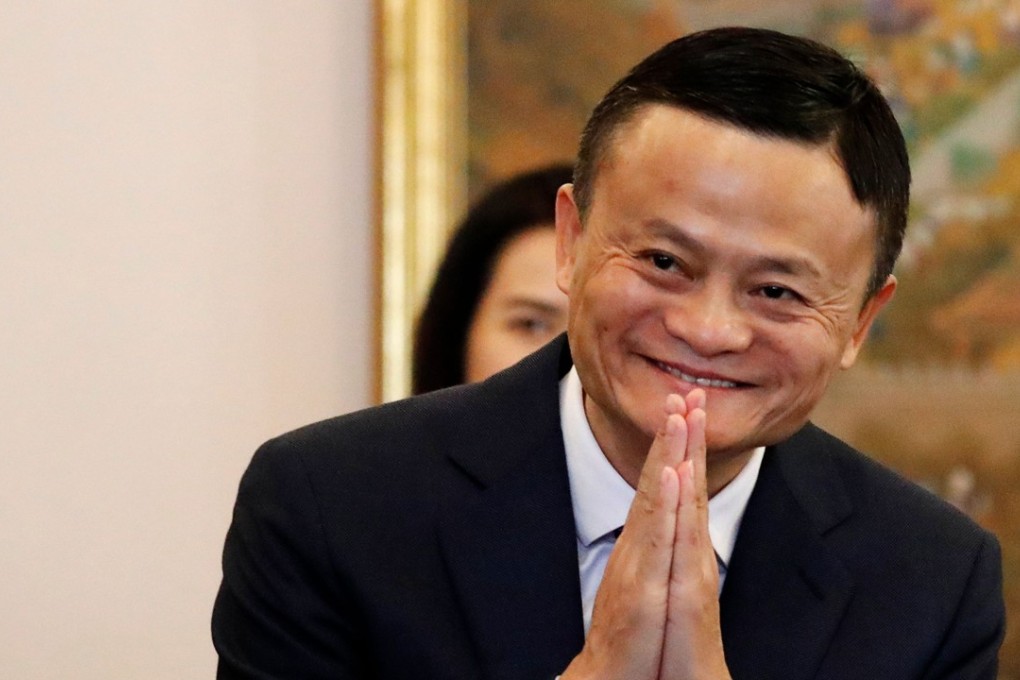Jack Ma sets out his New Manufacturing vision as Alibaba announces dedicated chip unit

Alibaba Group Holding co-founder and executive chairman Jack Ma Yun on Wednesday reiterated that so-called New Manufacturing will be an important growth driver of China’s economy, and called on manufacturers to embrace the internet of things, cloud computing and big data or risk getting left behind.
New Manufacturing, a term coined by Ma after his previous invention of New Retail, involves integrating the internet, data, artificial intelligence, cloud computing and the internet of things into the manufacturing process, which has in the past relied on industrial machines to churn out mass-produced products. Only by embracing and incorporating these new technologies can the manufacturing industry keep up with changing consumption trends, said Ma.
“In the future 10 to 15 years, all the pain points that the manufacturing industry will face will be far more than those today,” said Ma, speaking at Alibaba’s Computing Conference 2018 in Hangzhou, China. “The manufacturing industry is not disappearing. It will only disappear if manufacturing technology does not keep up … you cannot succeed if you don’t use these [new technologies.]”
However, he acknowledged that while New Manufacturing will be essential in the future, it is still in its nascent stage today, akin to a blind man driving a car. “You don’t know yet who your customers are,” Ma said.
Ma’s comments come after Alibaba said at its investor day event this week that its New Retail strategy, where online and offline retail experiences are integrated, is beginning to pay off, citing early success with its Hema supermarket chain. Alibaba is also looking to help small and medium enterprises optimise their operations, including making supply chain operations more efficient, such as predicting the type of goods to stock.